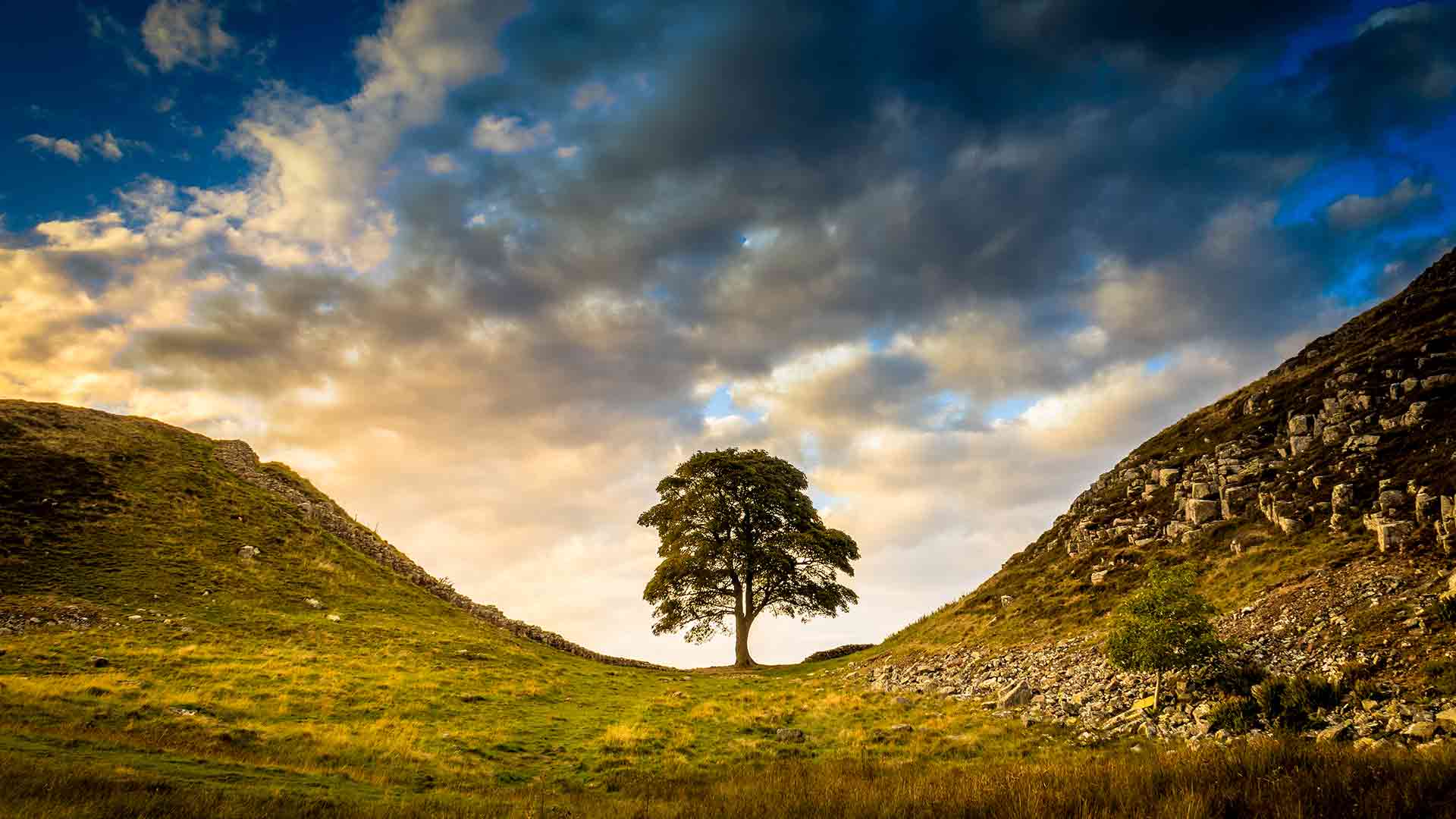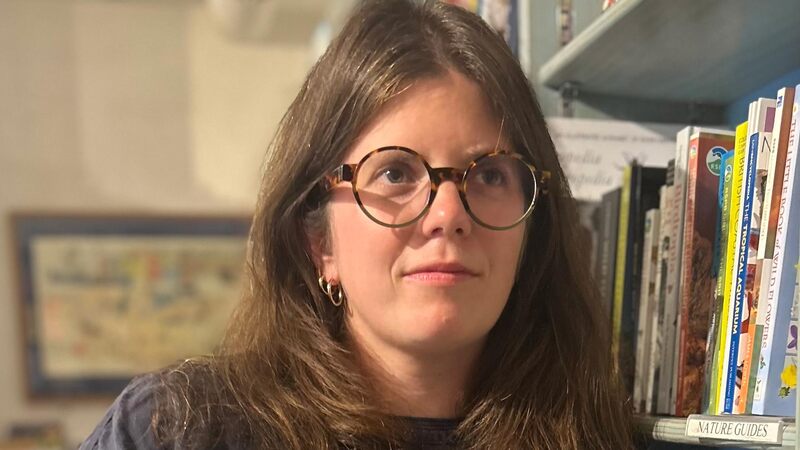You are viewing your 1 free article this month. Login to read more articles.
Value chain
Who and what we choose to publish has far-reaching social and cultural impact.
In September 2023, the landmark 300-year-old tree at Sycamore Gap at Hadrian’s Wall in Northumberland was felled. This act – a deliberate act of vandalism against what has been called "a symbol of the North East" – sparked outrage and devastation not just in the north but across the country. The fact it made the national news shows just how significant this cultural icon was.
But from that uproar, an unsettling question arises: how do we expect people in the north to treasure, value and embrace their history, art and culture when they are repeatedly told it has no value?
Our stories are what set us apart – culturally, socially, artistically – while simultaneously providing us with a sense of unity and community. Although things are starting to improve, regional and class diversity in publishing is still pretty dire, and we need to be more conscious of how this affects not just the wider arts industry, but also the everyday lives of those who rarely – if ever – see themselves represented in books.
Professor Katy Shaw from Northumbria University hit the nail on the head when she said during her episode of my Northern Voices podcast that "If you get representation right at source, then that will have a bleed-through effect in representations you see everywhere else, from the page to the stage and the small and silver screen." Literature and storytelling is at the heart of everything.
In unconsciously perpetuating and enforcing the historical stereotypes of the north as inferior, uncultured and uneducated, the message is clear: your voices, your stories and your culture aren’t valid enough to be included in art. The barriers raised may not be conscious or deliberate, but they are real and restrictive to anyone attempting to tell stories in voices and from places outside of the ‘standard’.
Iqbal Hussain – whose debut novel Northern Boy is published by Unbound in June – made the point that those writers attempting to tell more diverse stories often struggle even to pitch their work to agents and publishers given the dearth of comparative titles they can draw on.
"We have so few comparative titles we can use with Asian, working-class or northern characters, so we end up pulling on films instead," he said. "It’s telling that the titles we use aren’t even books and there’s nothing more current."
Too regional. Too niche. We’ve heard it before. The publishing industry’s reluctance to embrace northern and working-class stories echoes through the wider arts industry
Shaw’s comment about the impact on stage and screen is all too real for playwright Louise Powell, who authored the First Stage report into the new writing and playwright talent development provision in Teesside. She has experienced first-hand the reluctance to support and stage new writing from that area.
"As a playwright from Middlesbrough, I’ve repeatedly had negative, place-based value judgements made about my scripts," she said. "From being unable to get review coverage of a Teesside-set play to having to alter the Middlesbrough setting and dialect of another script in order to appease a London audience, I’ve frequently been made to feel a ‘lesser’ playwright for telling Tees Valley stories on stage.
"My experiences inspired me to write the First Stage report, which made me realise that I was far from alone in having them. Time and again, Tees Valley playwrights told me that they were viewed as “too regional” to be of interest to artistic directors, commissioners or press."
Too regional. Too niche. We’ve heard it before. The publishing industry’s reluctance to embrace northern and working-class stories echoes through the wider arts industry. If we want to preserve and promote value in cultural, regional and class diversity then we need to see that represented in storytelling. Literature is the natural place to do that, yet the industry is still dragging its heels when it comes to contracting books that represent a wider diversity of experience. To show that all regional cultures and traditions are valued, it’s vital that we see these people and places represented on the page.
Publishers are in a privileged position as curators of the literary output of the country. It’s rare that you’d see a TV series adapted to become short stories, or a film turned into a novel, but it’s very common to see it the other way round. A lack of diversity in stories being published as books means a restricted of choice for film producers, playwrights and other artists. If there is a constant devaluing of stories from certain places, of certain voices, in literature then it’s little wonder that many in the country don’t place value on things of which they should, in fact, be proud.
As Hussain said: "The great reading public is open to a lot more than publishers give them credit for." Perhaps it’s time publishers stepped out of their comfort zone, connected directly with readers and put all those tired biases aside. With a more diverse literary output and greater visibility of a range of voices, imagine how much richer our national literary canon would be.

















